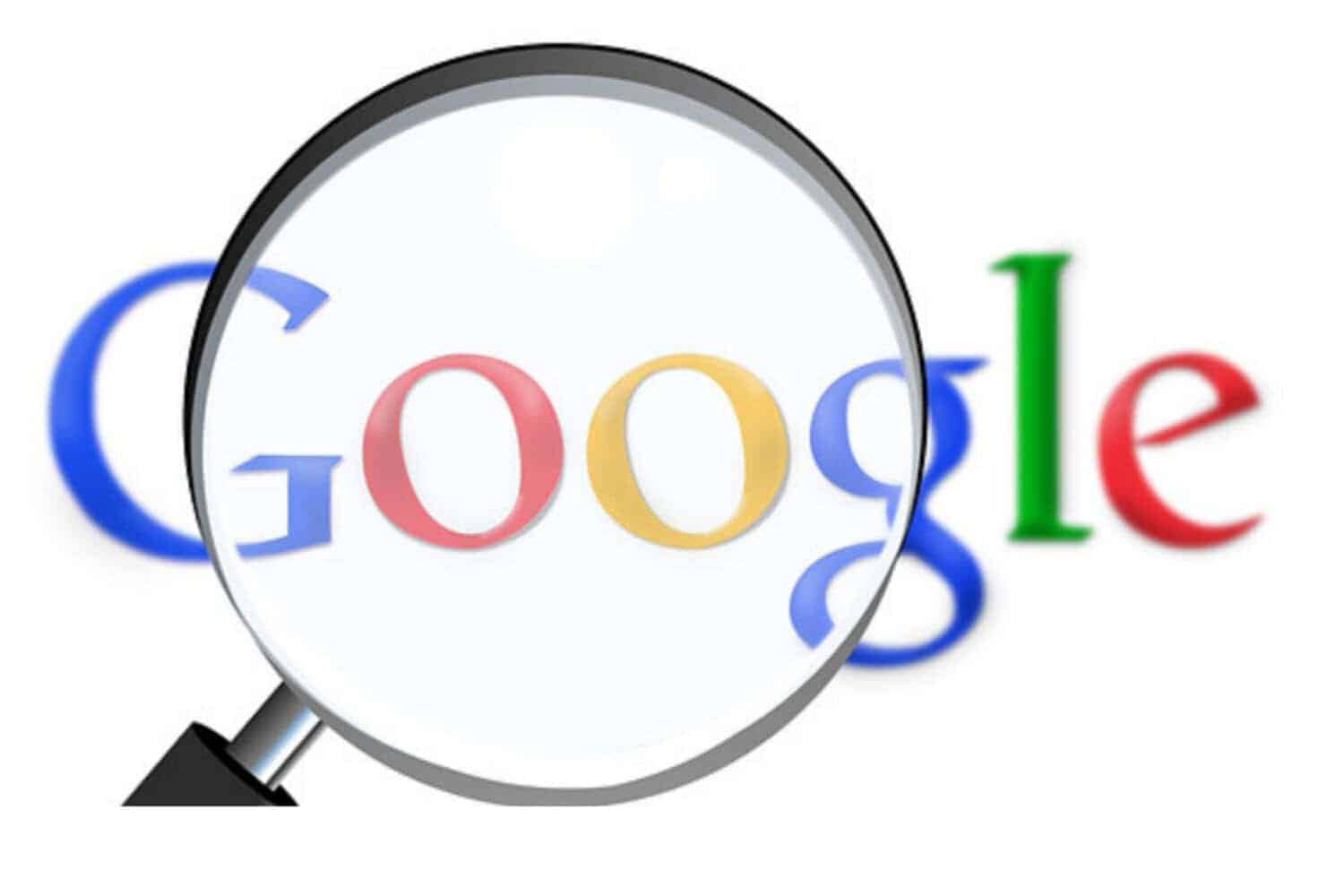The Competition Commission released the final report of its Media and Digital Platforms Market Inquiry (MDPMI) today.

Google has agreed to pay South African media houses R688 million after the Competition Commission’s Media and Digital Platforms Market Inquiry was completed.
The final report was released after 24 months of extensive evidence gathering, five rounds of information requests, public and in-camera hearings, expert submissions, consultations with industry stakeholders, a consumer survey, a focus group and a provisional report process that enabled broader public input from media publishers, broadcasters, the digital platforms themselves, and academia.
The Inquiry was conducted to establish whether there are any market features in digital platforms that distribute news media content which impede, distort or restrict competition, or undermine the purposes of the Competition Act and which have material implications for the news media sector in South Africa.
ALSO READ: Competition Commission starts Inquiry into media and digital platforms
Major tech platforms dominate gateways for information
The Inquiry found that major global platforms (Google, Meta, Microsoft, TikTok, X and AI companies such as OpenAI) dominate key gateways where South Africans access information, namely search, social media and AI-powered tools.
Google maintains a dominant position in search, where news makes up 5-10% of queries and drives user engagement that is monetised through commercial advertising. However, Google does not compensate South African media for the news content it displays or summarises.
The report shows that referral traffic to media websites declined sharply as users increasingly consume AI-generated summaries or remain on Google’s own platforms. In addition, Google’s algorithmic structure tends to favour large foreign outlets over local or vernacular media, deepening inequality in content visibility and advertising reach.
Microsoft exhibits a similar foreign bias through its MSN service, which contracts relatively few South African publishers, according to the report.
ALSO READ: Fake news now included in Media and Digital Platforms Market Inquiry
Massive role of social media
In terms of social media, the report showed that platforms such as Meta (Facebook, Instagram and WhatsApp), YouTube, X and TikTok play a massive role in distributing news to South Africans, particularly in community and vernacular audiences.
Inquiry chair, James Hodge, says while these platforms gain immense engagement value from news, few South African outlets are accredited or technically enabled to monetise their content on the platforms.
“Meta as well as X deprioritised posts containing news links, substantially reducing referral traffic to publishers’ sites. The SABC relies heavily on YouTube for content distribution but earns minimal revenue-share compensation.
“Social media algorithms also foster the spread of misinformation and disinformation by promoting sensationalist material over credible sources, imposing social costs that the media must absorb in combating fake news.”
ALSO READ: The battle for SA journalism
AI scraping of news sites without compensation
The inquiry also found that AI chatbots and large language models have scraped online news content without compensation, using it to train AI systems and generate responses to user queries. Hodge pointed out that although news represents a small portion of total training data, this practice raises significant questions about the future value of original journalism.
“While major AI companies now offer websites the ability to opt out of scraping, small and community media often lack the technical expertise to exercise these options.”
The inquiry observed that South Africa’s fragmented and resource-constrained media houses are too small individually to attract content licensing deals, but collectively they could offer significant value. At the same time, AI technologies themselves hold potential for improving newsroom efficiency, enhancing audience engagement and delivering innovative news formats, provided the media can access affordable tools and training.
In advertising technology, Google’s dominance across the AdTech stack entrenched dependency and raised costs for media, with its bundled systems giving preferential treatment to its own exchange. While South Africa cannot resolve these global distortions alone, aligning with international regulatory and legal efforts could help restore fairness, Hodge says.
“AI and digital platforms also offer opportunities for innovation, but only if local media can collectively bargain, build technical capacity and access fair compensation for their content. Sustained collaboration, investment and policy support remain vital to ensure a diverse, credible and sustainable South African media ecosystem.”
ALSO READ: The impact AI, Social Media, Google Search is having on news in SA
Google and YouTube agree to package of remedies for SA’s media
Hodge says after extensive engagement and two months of negotiations with global platforms and stakeholders, the commission finalised a comprehensive package of remedies designed to restore fairness, transparency and sustainability in South Africa’s media ecosystem.
“Most major platforms agreed on the remedies and will implement them immediately. Central to these outcomes is a R688 million media support package that Google and YouTube agreed to pay, which will fund national, community and vernacular media through a combination of content licensing, innovation grants and capacity-building initiatives.
“This includes support for newsroom innovation, contributions to the Digital News Transformation Fund and funding for vernacular-language training through the Media Development & Diversity Agency (MDDA).”
Google will also introduce new user tools to prioritise local news sources, provide technical assistance to improve website performance, share enhanced audience data and establish an African News Innovation Forum. Microsoft, in turn, will extend its MSN news contracts to include five additional national publishers.
Turning to social media, Hodge said Meta will create a Media Liaison Office in South Africa and expand monetisation access through workshops, ad credits and the removal of follower thresholds.
YouTube will offer automatic access for all South African media to its Partner Programme and support the SABC with direct ad sales and archive digitisation. TikTok will roll out its Publisher Support Suite in South Africa, including monetisation and analytics tools, while X Corp will make all monetisation programmes available locally and provide training workshops.
ALSO READ: X only global platform refusing to participate in media platforms inquiry
All platforms to implement digital literacy initiatives
Hodge says all platforms will implement digital literacy initiatives to strengthen media resilience and counter misinformation. “Remedies in AdTech and AI will align South Africa with leading global standards.
“Google will extend transparency measures from the EU, improving visibility into advertising costs and publisher payments and will remove self-preferencing practices within its ad systems. AI companies will offer South African media the same content controls and opt-out mechanisms available in the EU, alongside biannual training to support the development of a fair and functioning market for licensed content.”
The inquiry recommends that the department of trade, industry and competition issue a block exemption to enable South African media to bargain collectively over platform monetisation terms, AI content licensing, AdTech pricing and joint ad-sales for community media.
It also recommends that the department of communication and digital technology develops content-moderation regulations under the Electronic Communications and Transactions Act (ECTA), introducing self-regulation frameworks for social media platforms and establishing an independent social media ombud to oversee public complaints and moderation practices.
ALSO READ: Competition Commission guns for ChatGPT, other digital media platforms
Rebalancing digital markets
Hodge says the final report and these remedies represent a landmark step towards rebalancing digital markets, protecting fair competition and rebuilding the long-term sustainability of South Africa’s news media.
“They reaffirm that a healthy, independent and diverse press is essential to democracy and that collective action, equitable regulation and platform accountability are vital to safeguard that principle for the digital future.”
He pointed out that the final report underscores how news media is essential for democracy, serving as the cornerstone of public accountability and informed citizens. “Yet, the global transition to digital platforms severely undermined traditional revenue models and eroded the financial positions of news media.
“In South Africa, declining advertising income and the limited ability of audiences to pay for subscriptions led to shrinking newsrooms, closed bureaus and constrained reporting capacity. Meanwhile, digital platforms exacerbate these pressures by capturing audiences and monetisation opportunities that traditionally sustained news outlets.”
Support Local Journalism
Add The Citizen as a Preferred Source on Google and follow us on Google News to see more of our trusted reporting in Google News and Top Stories.








